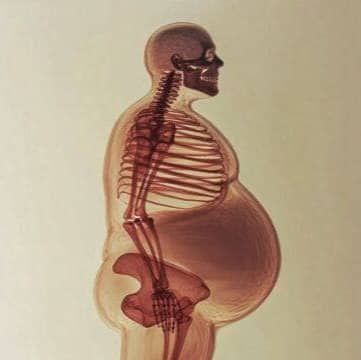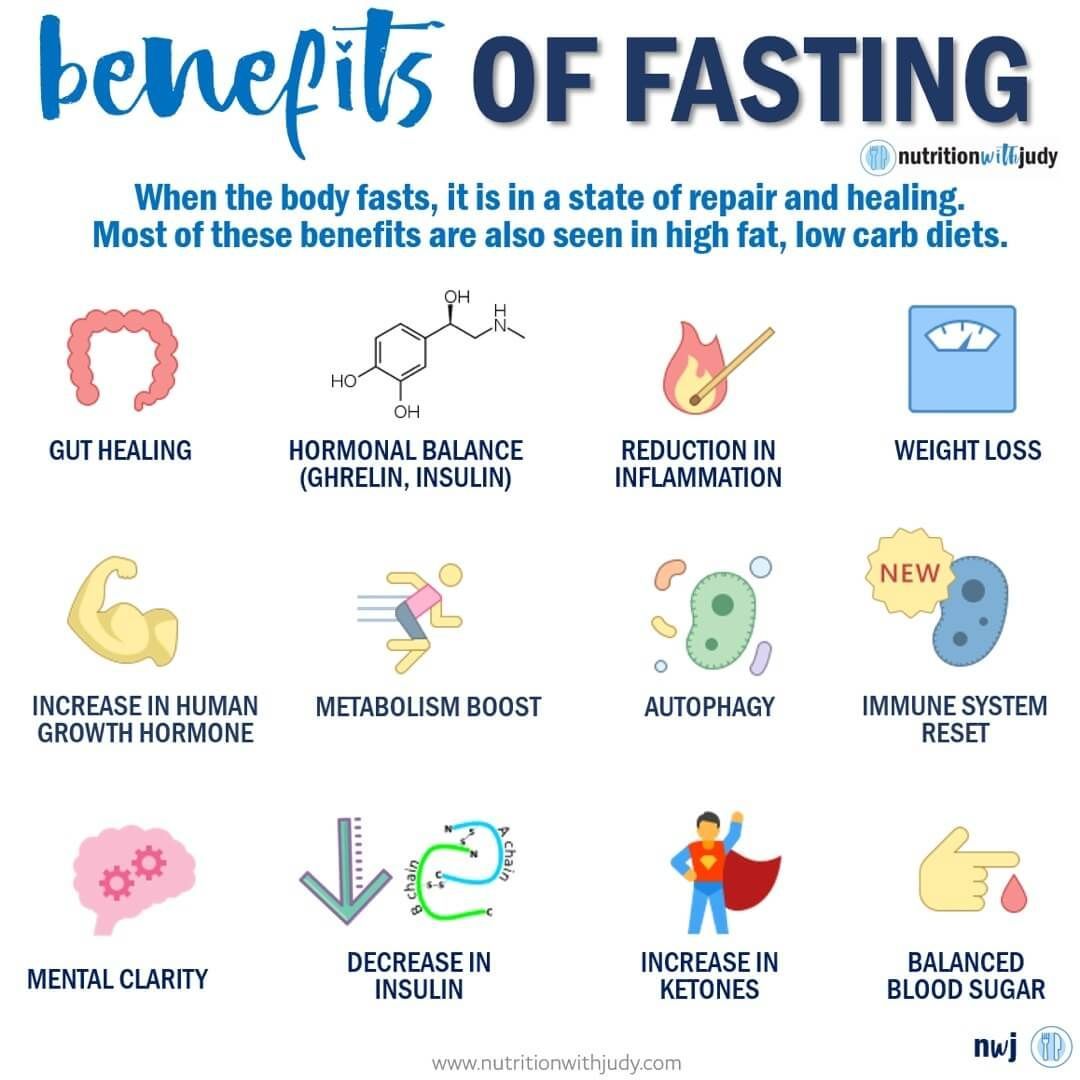Fasting and your Metabolism
Fasting and your Metabolism

As a mastercoach my review of fasting, I found some remarkably interesting information, most of which contradicts much of today’s accepted ‘rules of nutrition’.
Most startling is the fact that being in a fasted state for short periods of time will not decrease your metabolism. If you have followed any of today’s popular diets, you may know that they are all based on this idea. The story they are telling goes like this: If you lower your calories too much,even for a short period of time, then you will stop losing fat because your body has entered ‘starvation mode’ and your metabolic rate will slow to a stand still. In fact, this statement could very well be the basis for today’s weight loss industry.
However, it turns out that it is factually incorrect. Our metabolism, or more correctly our metabolic rate, is based on the energetic costs of keeping the cells in our bodies alive. For example,let us say we put you in a fancy lab and measured the numberof calories you burned in one-daysitting on a couch doing nothing. Let us assume that number was 2,000 calories. This would be called your basal metabolic rate:2,000 calories would be the numberof calories you need to eat to match the amount you burn simply being you. Now,let us say you moved around that day, perhaps 30 minutes of walking.
You might burn an extra 100 calories bringing your daily total number of calories burned up to2,100. Your basal metabolic rate is always 2,000, and then any extra energy you expend moving your body (such as when we exercise) is added to that number. So in this example, you are going to burn 2,000 calories per day no matter what you do. So why are we being told that our metabolism will slow down if we do not eat for an extended period?
The answer lies with an interesting metabolic process of eating called “The thermiceffect of food”, and some clever interpretation of this rather simple process.The act of eating can increase your metabolic rate by an exceedingly small amount, and this is what is referred to as ‘the thermic effect of food’. This increase in metabolic rate is a result of the extra energy your body uses to digest and process the food.It takes energy to break down, digest, absorb and store the food once you eat it. This‘energy cost’ has been measured in laboratory settings and is part of the basis for popular diets that promote the metabolic cost of one nutrient over another.For example, it takes more calories to digest protein than to digest carbohydrates or fats, so some diets recommend substituting some protein for carbohydrates and fat assuming this will burn more calories.
Although this is scientifically true, the amountof extra calories this dietary change will cause you to burn is exceedingly small and will hardly make a difference to your overall calories burned in any given day.As an example, the idea of eating an extra 25 grams of protein so you can burn more calories can appear somewhat ridiculous. If you eat an additional 25grams of protein,you would be adding 100 calories to your diet just so you can burn 10 more calories.
The more logical approach would be to just not eat those 100 calories. Almost all the calories you burn in a day result from your basal or resting metabolicrate (the calories it takes just to be alive). Beyond that the only significant way to increase the numberof calories you burn in a day is to exercise and move around.The research on metabolic rate and calorie intake is remarkably conclusive. I was easily able to find the following research studies that measured metabolic rate in people that were either fasting, or onexceptionally lowcalorie diets.To find out more simply reply to this post and remeber to always laugh with health!










